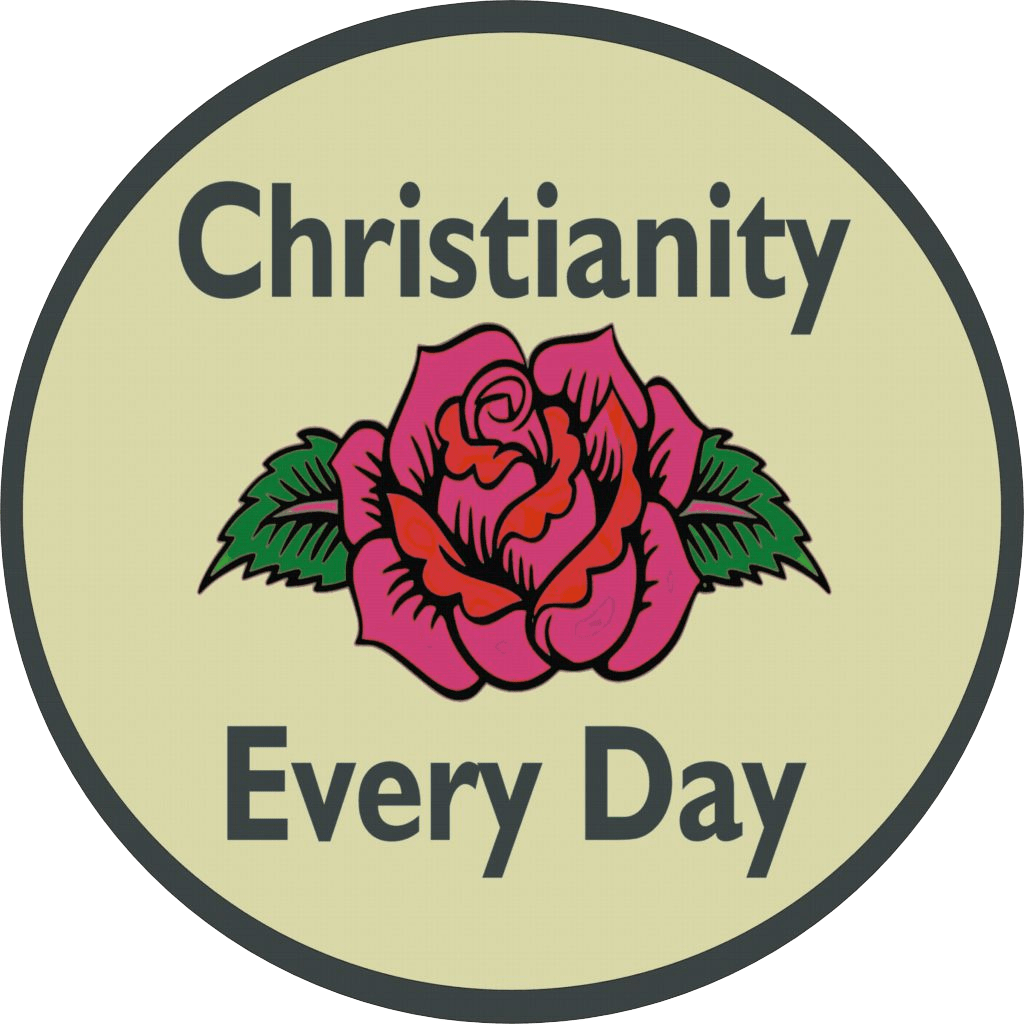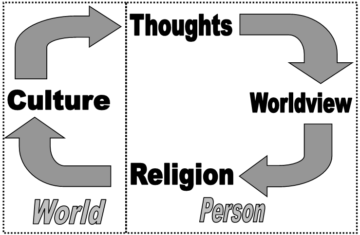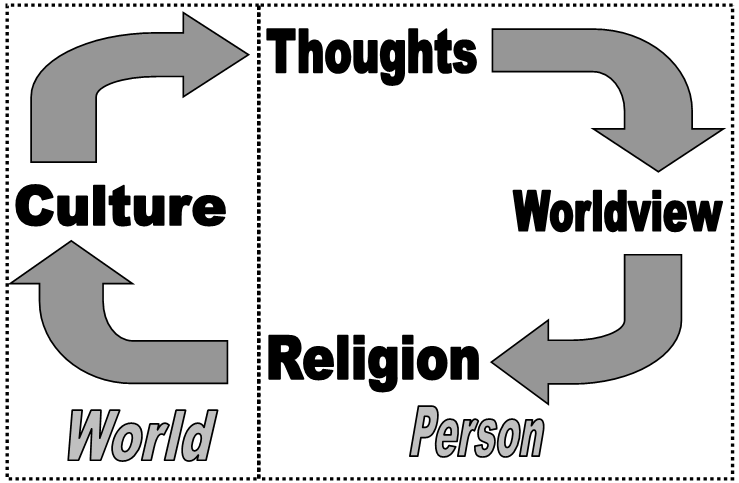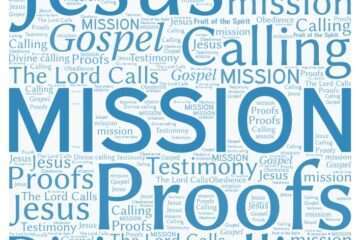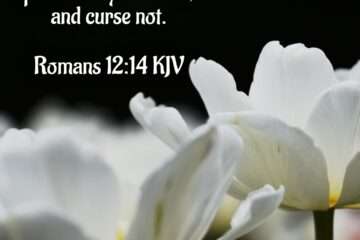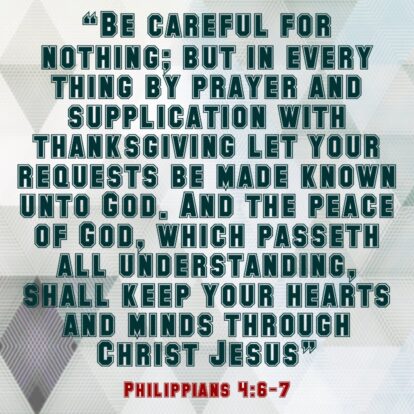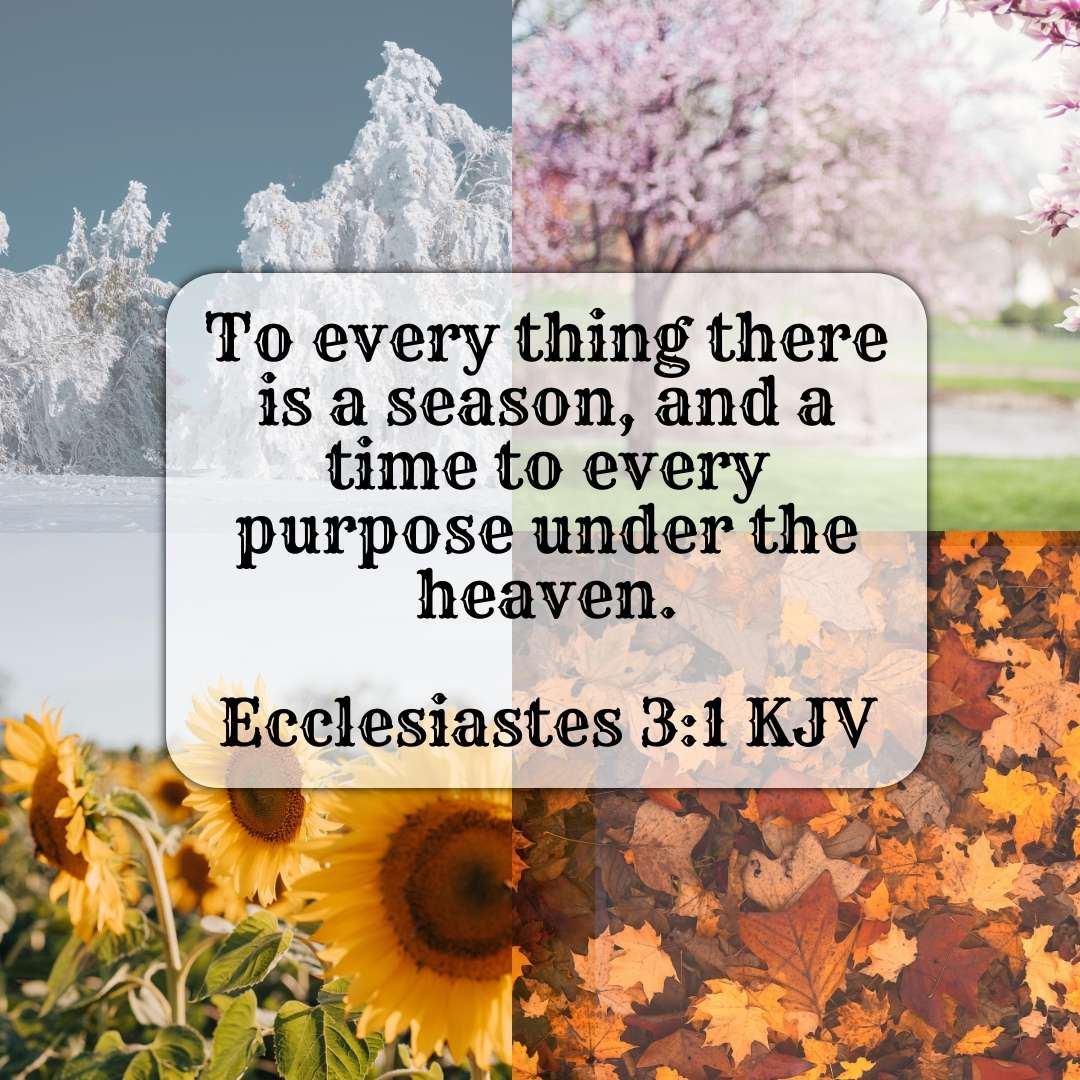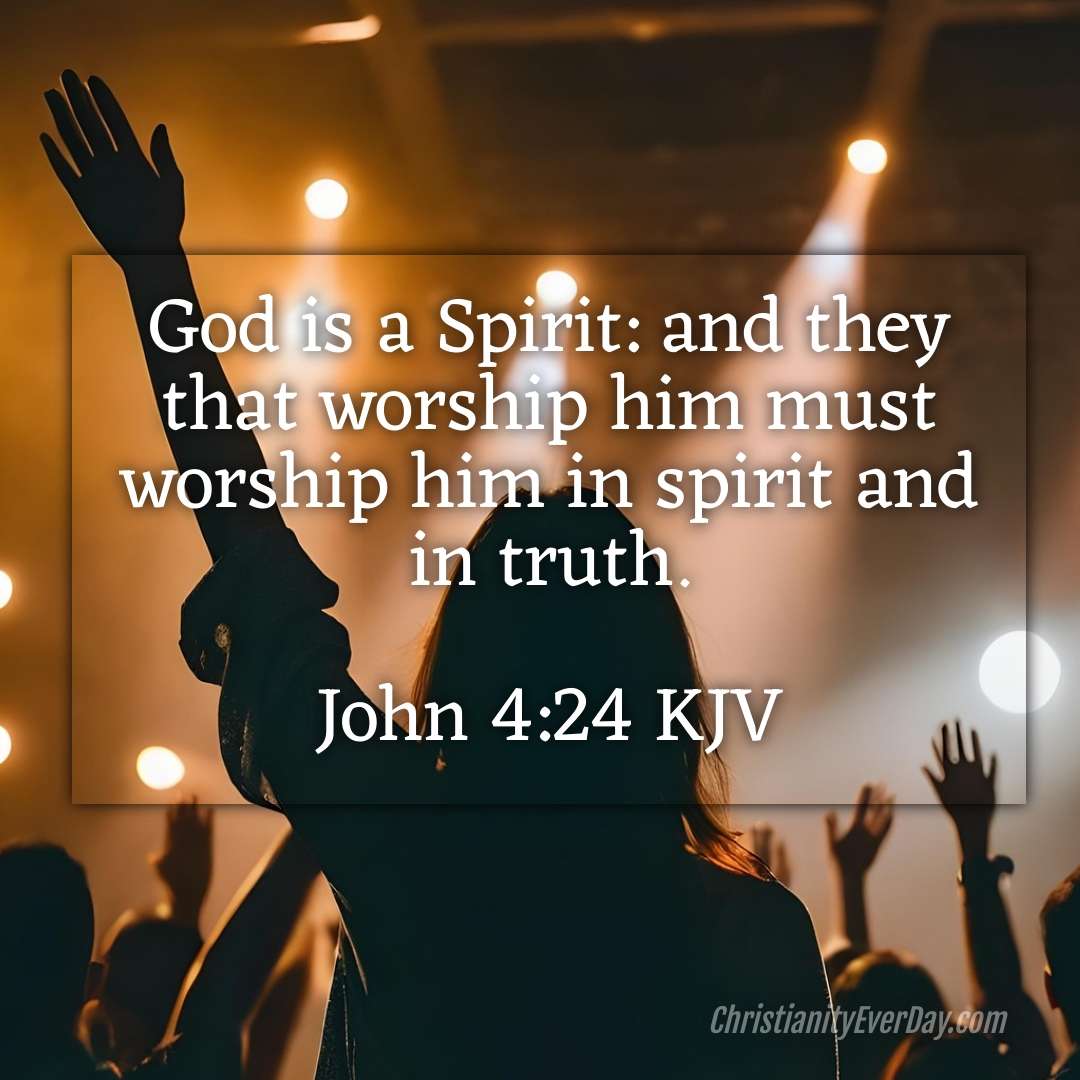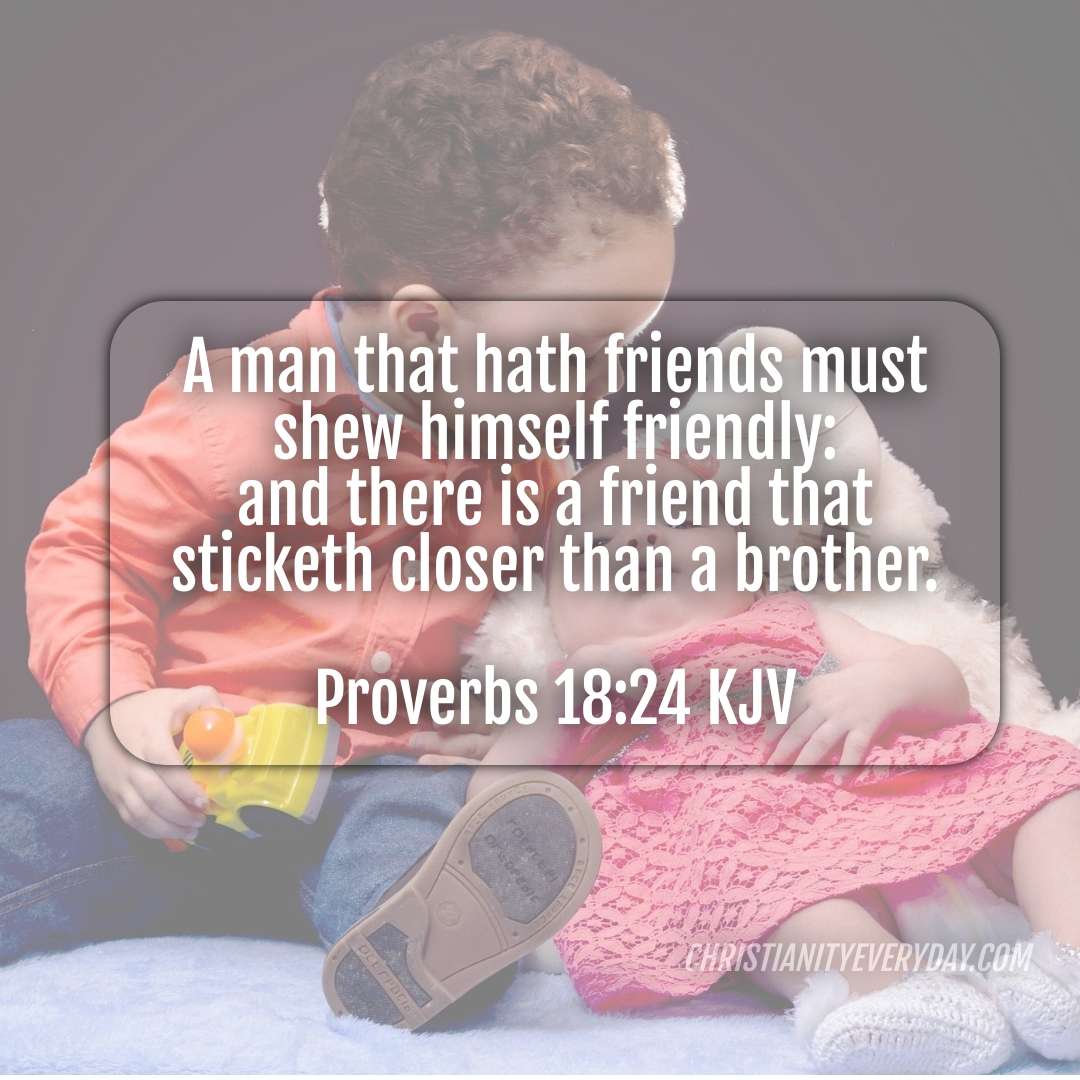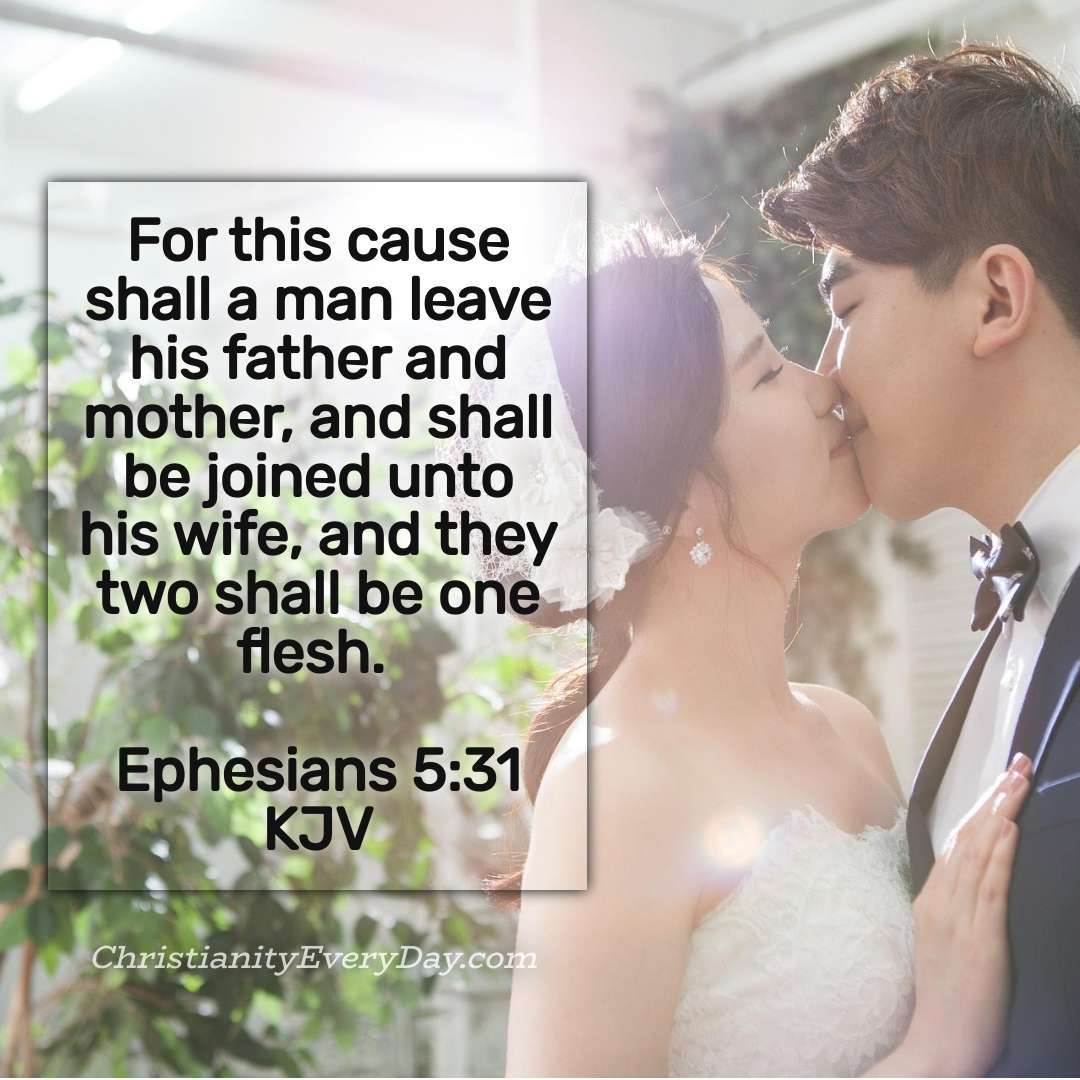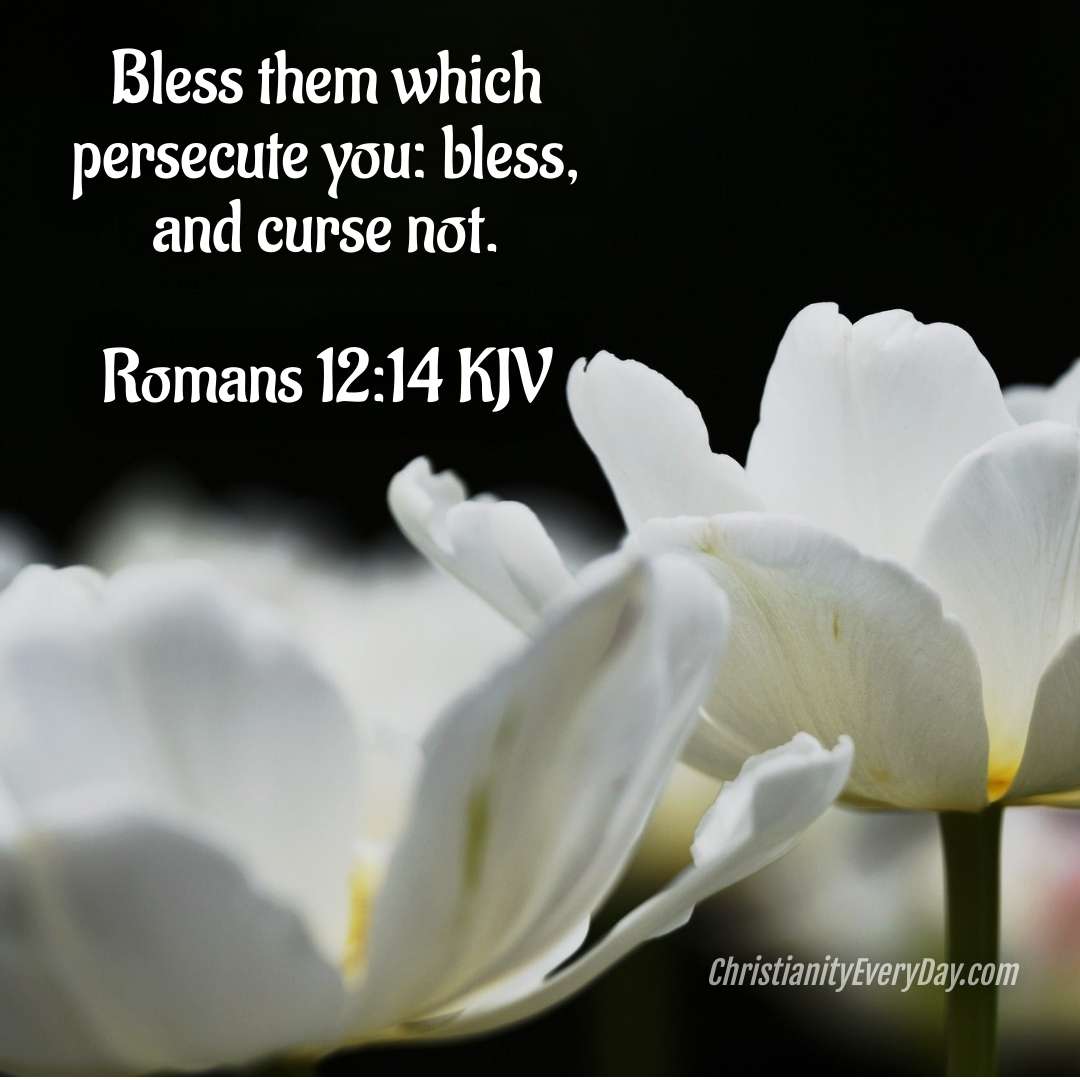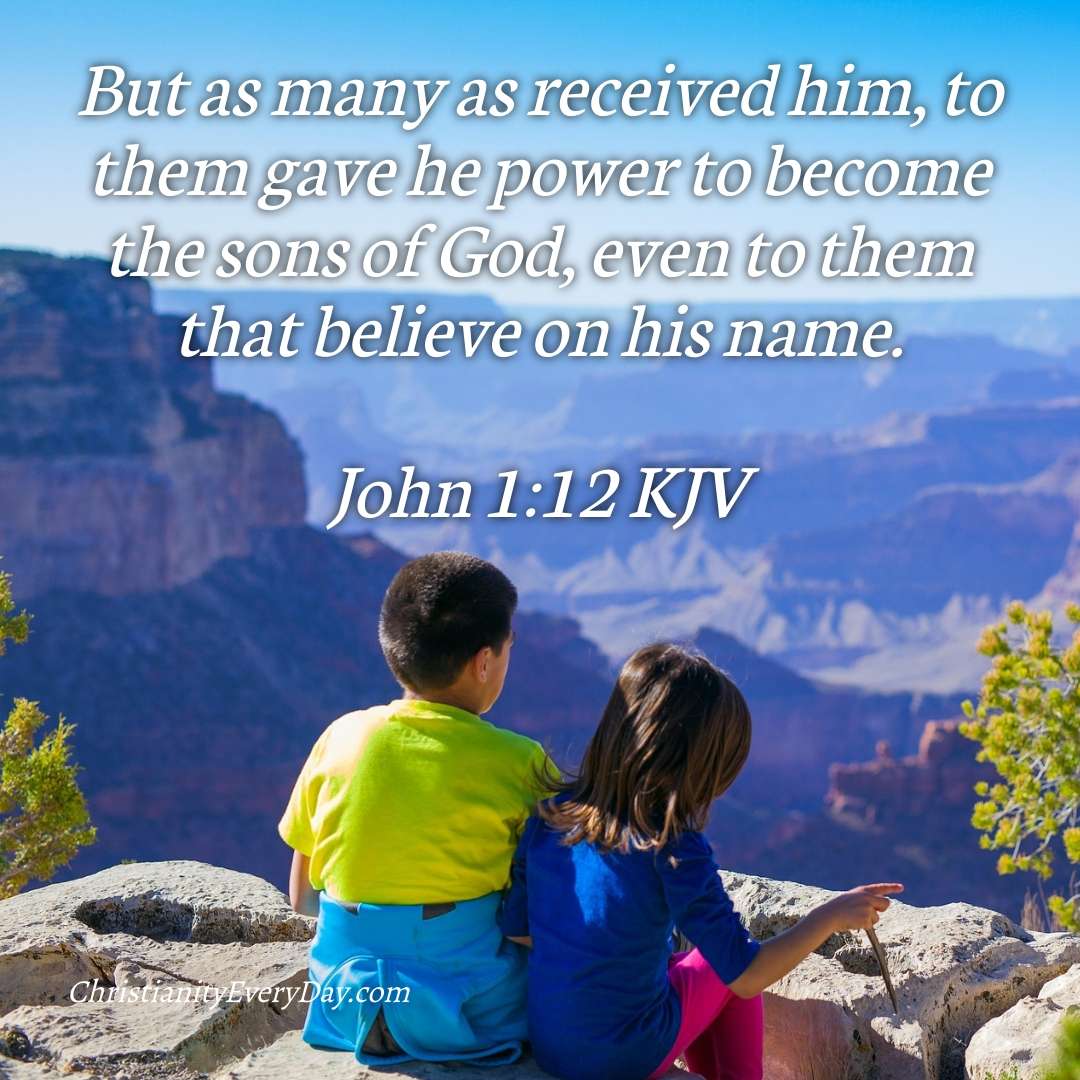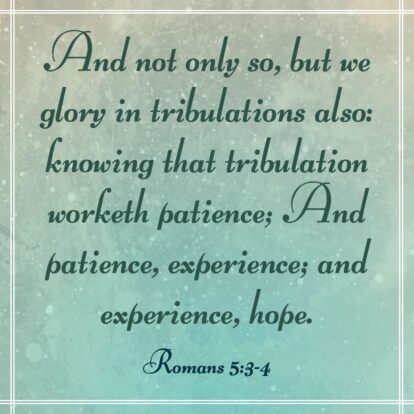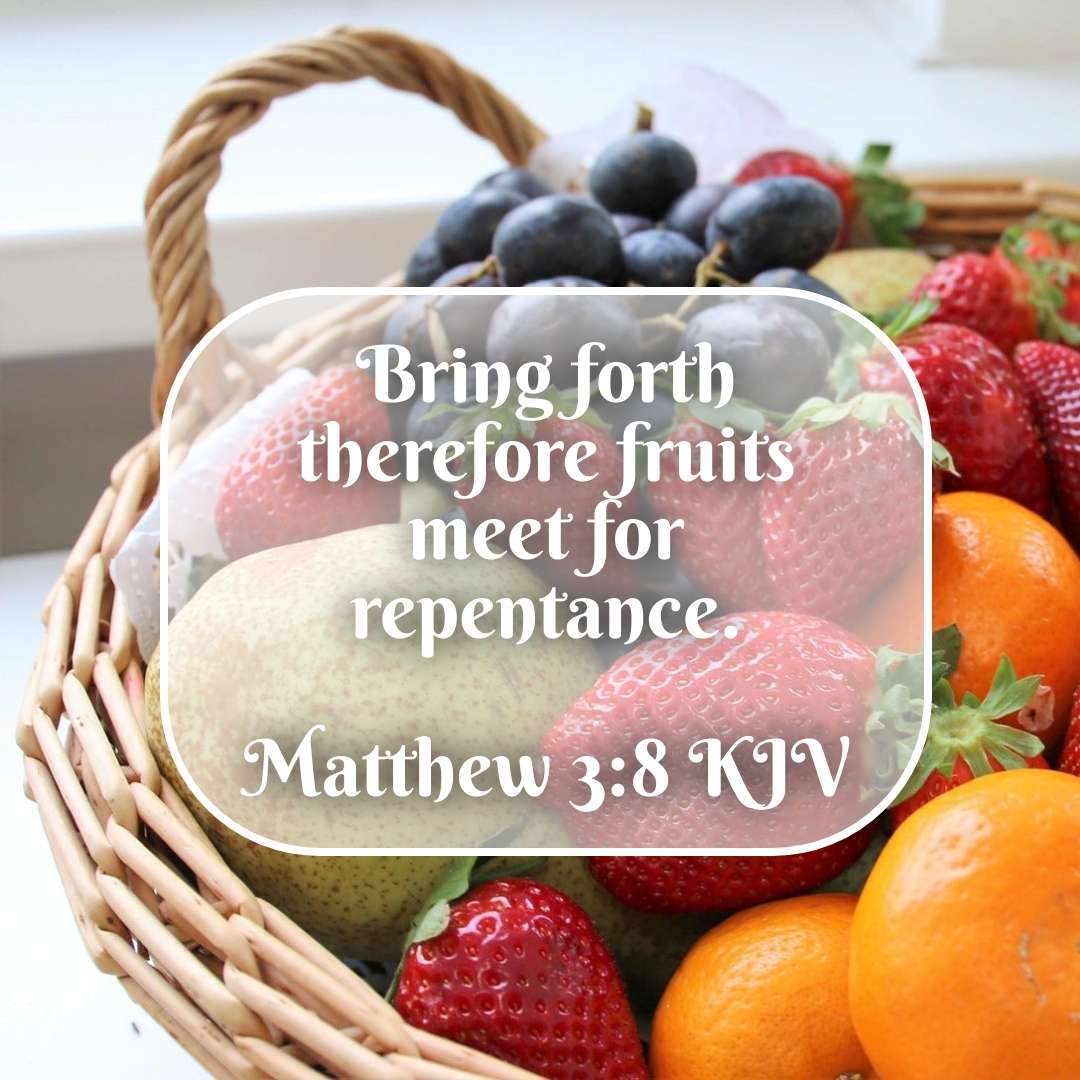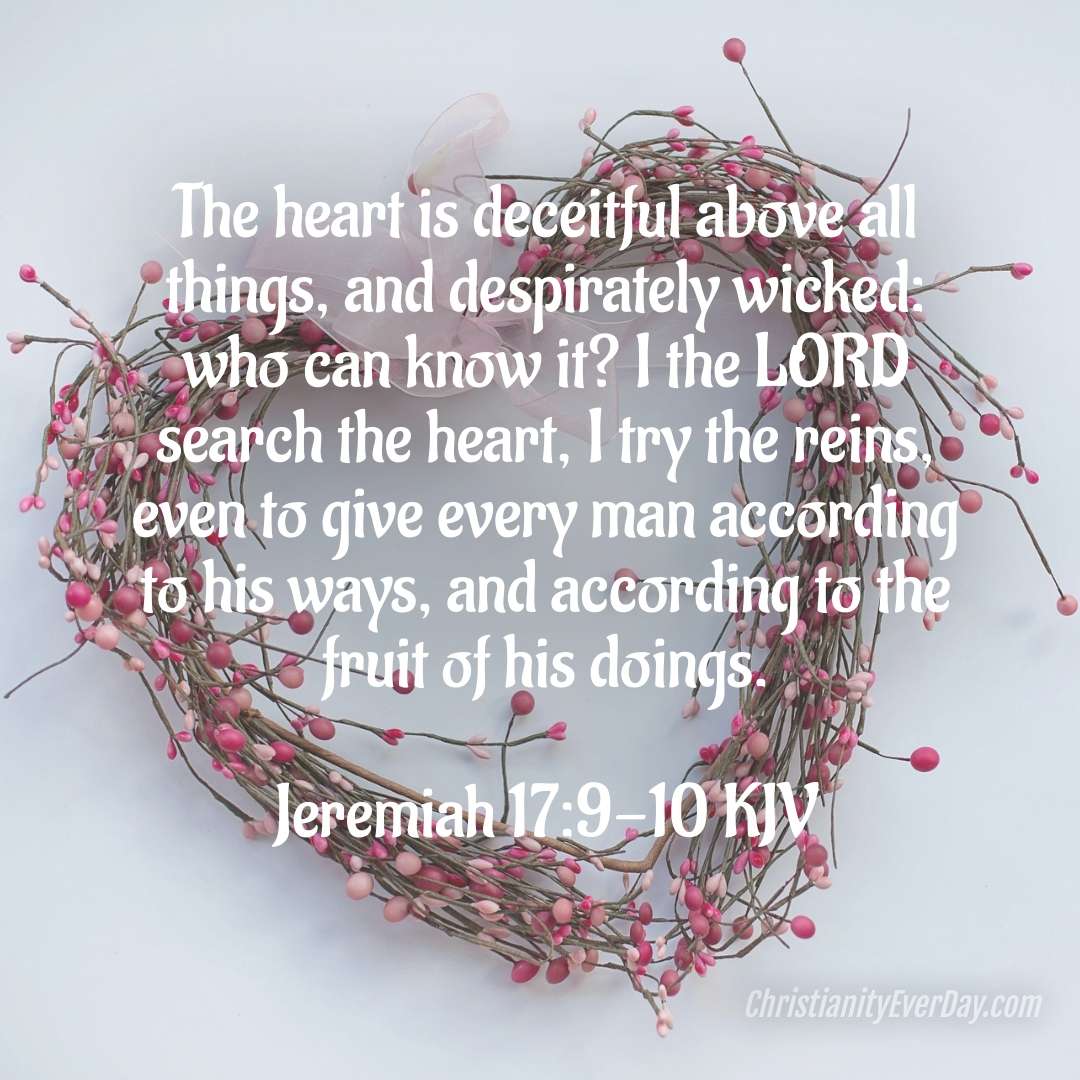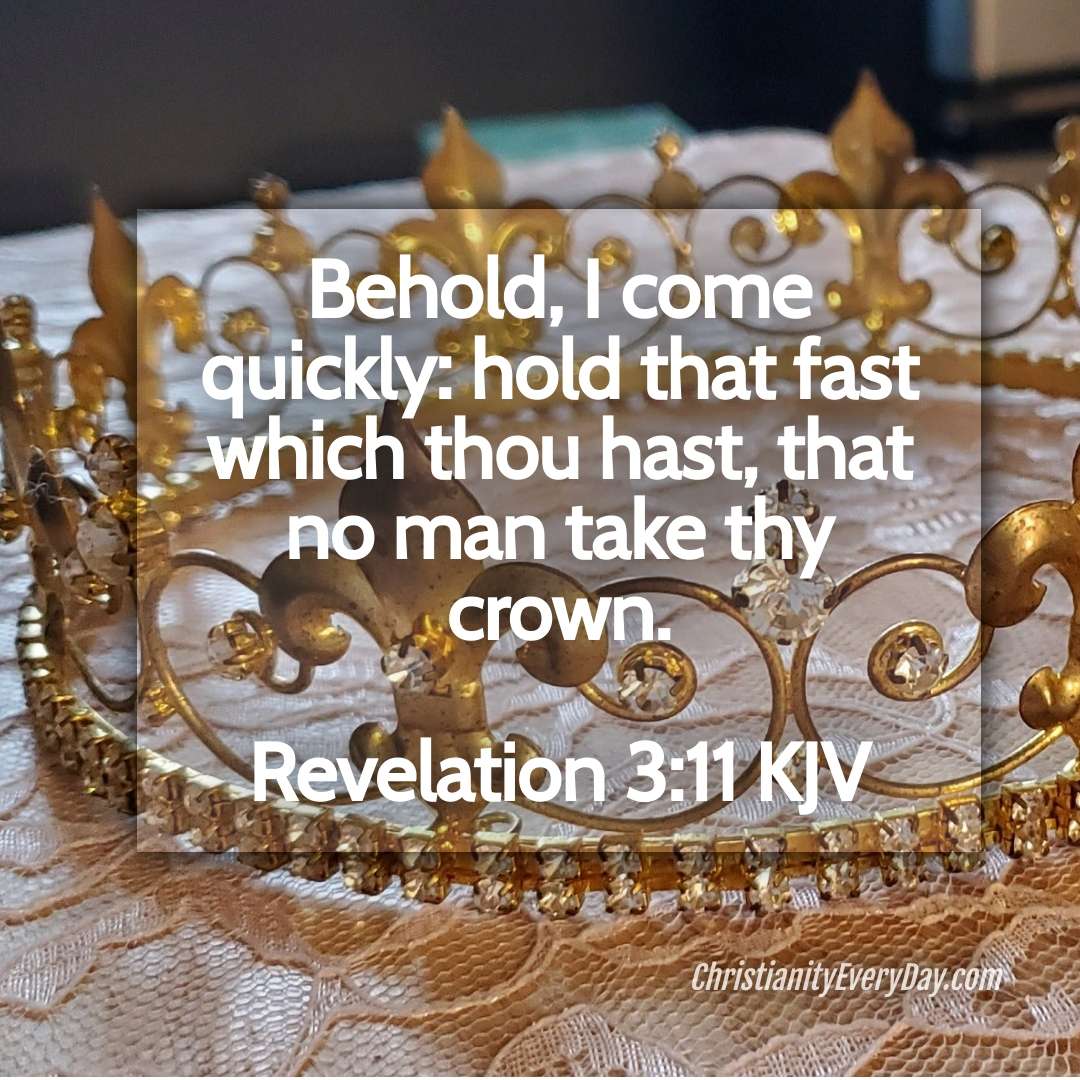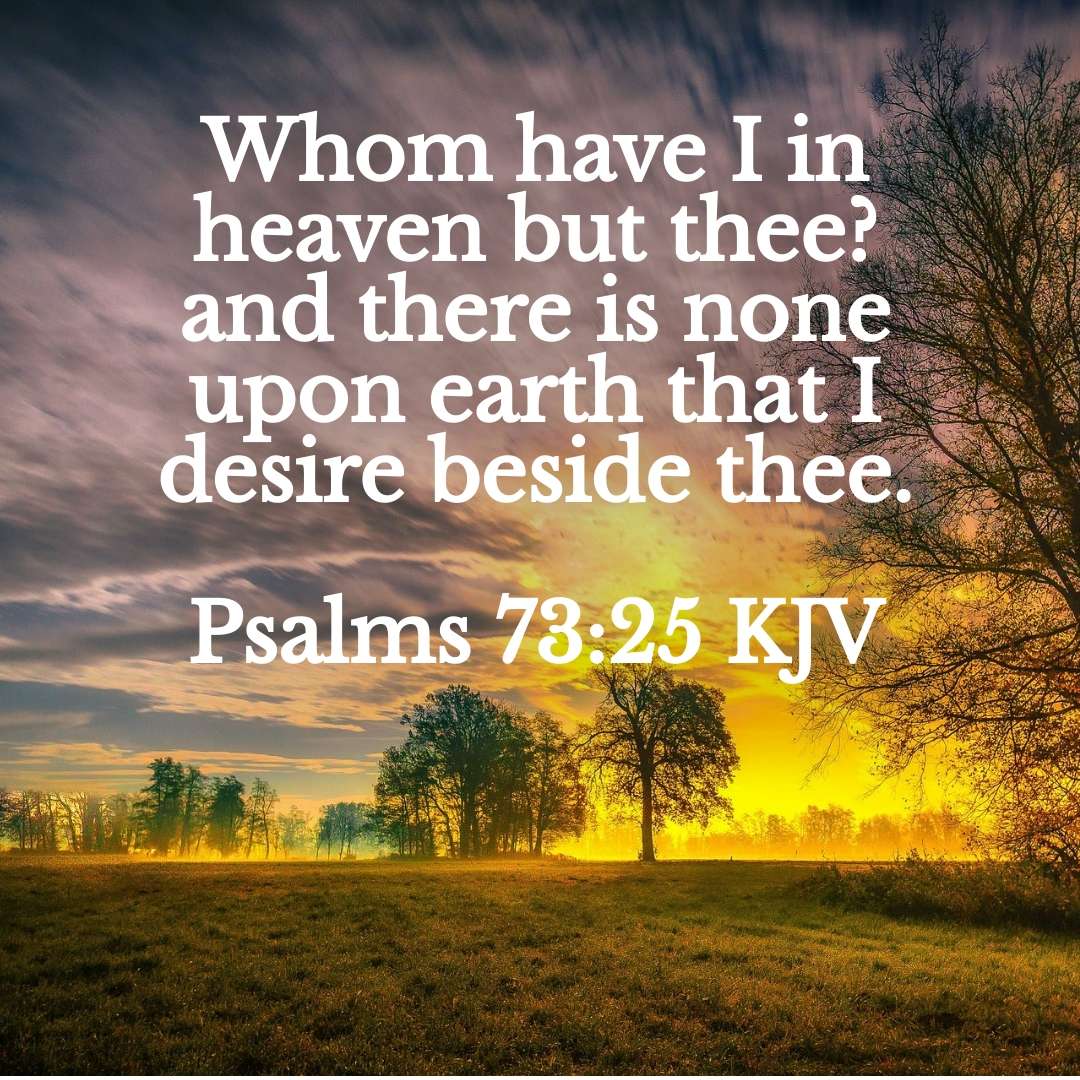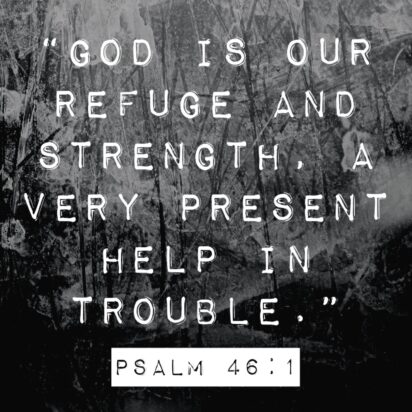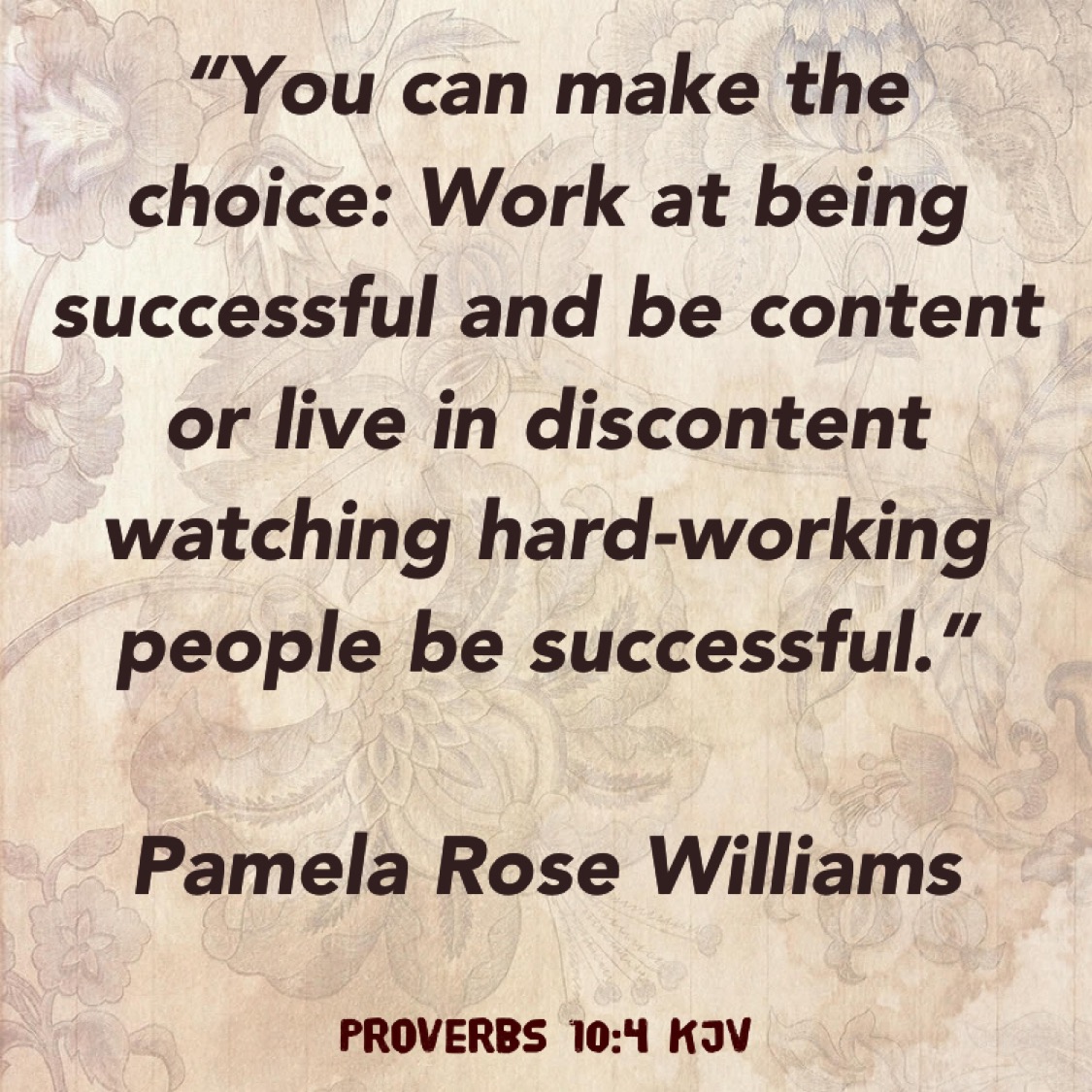Introduction
With all the events happening in the world and throughout history, we see cases where people of different religions are involved for a variety of reasons. We also see cases where people deny being religious but are also involved for a variety of reasons. What part does being religious or not religious play in events and their impact upon others and their cultures?
What do people think about the impact of religion?
No matter what anyone says, we all have a direct or indirect impact on other people and cultures whether we know it or not. Some might speak of a “Butterfly Effect” referring to how the wind off the wings of a butterfly can influence everything in the world. Technically, one could say this is possible in a similar way as described in the old six-line poem, “For want of a Nail.” The poem describes the outcome of the Battle of Bosworth in 1485, when King Richard III was stranded, horseless, defeated and ultimately killed after a faulty horseshoe nail caused a chain of events resulting in the loss of the war.
Unfortunately, many people think anyone religious is ignorant and responsible for everything that is wrong in the world. At the same time, many people think anyone that does not go as far as to practice the same religion they do is evil and responsible for everything that is wrong in the world. How then does anyone know what religion, practice, philosophy, or upbringing they should or should not pursue?
What does the word religious mean?
When it comes to the word religious, we must first ask, what does the word religious mean? The root of the word religious is derived from the Latin root “liga” meaning to band or to bind. It is the same “liga” root where we get the word ligament, which is a tough fibrous tissue that holds together two bones. When we add the prefix re- on the front it means to rebind or hold together again.
Therefore, the word religious refers to anything that limits our behavior or controls us in a certain way. However, being religious does not have to be restricted to an organized religion. In its purest sense, being religious is simply the by-product of our own personal beliefs, values, and customs that ultimately are used as a basis to bind or control our behaviors.
Where do we get our beliefs, values, or customs?
When a child is born, they normally have the ability to think. As their parents, experiences, and their own human nature influence them, actions and operations in their mind begin to be sorted and categorized into deeply held convictions and feelings of truth to create an overall opinion of things or our “worldview”. For example, if a baby cries because it is hungry and a parent picks it up and feeds it, it learns that crying can result in Mommy or Daddy coming to make me feel better. Therefore, the baby adopts a worldview belief that crying will give them comfort.
Our worldview of learned beliefs serves as a “superlink of beliefs” between our thoughts and the guidelines or rules (Religion) we adopt to control our behaviors. Therefore, like a ligament holds two bones together, our religious beliefs are used to control or exercise our behaviors.
As our behaviors and beliefs influence others in our culture, we also are influenced by the behaviors and beliefs of others in our culture. In turn, these cultural influences alter or reinforce our thoughts that again affect our worldview and rules we adopt to control our behaviors.
This can be seen in what I call the Circle of Discipleship below.
The important thing to understand is that if the personal thoughts of the people are Biblically grounded, then the resulting beliefs, values and customs of the culture would be blessed with being Biblically grounded. However, if the personal thoughts of the people are not Biblically grounded, then the resulting beliefs, values and customs of the culture would not be blessed with being Biblically grounded.
How do we ensure we are blessed with being Biblically grounded?
Many times, when writing or teaching I have shared my motto when it comes to understanding the world and our place in it so that we are blessed and can be a blessing to others:
“When you know the normal, the abnormal stands out.”
The key to this motto is that you don’t need to do an in-depth study of all the philosophies, religious teachings, or cultures of the world to sort out what is normal. When you know the normal of what God teaches in His Word, the Bible, you quickly see things that stand out as abnormal. When we also know the normal of what God teaches in his Word, we can quickly see the impact of the abnormal. It also can convict us of our own shortcomings and inspire us to change for the better.
So, where do we start to know the normal so we can avoid the abnormal? In the Bible, the book of James in Chapter 1 gives us a very good overview of religious activity that gives us understanding and direction. One part, found in James 1:22-27 says:
James 1:22-27 KJV. “…be ye doers of the word, and not hearers only, deceiving your own selves. [23] For if any be a hearer of the word, and not a doer, he is like unto a man beholding his natural face in a glass: [24] For he beholdeth himself, and goeth his way, and straightway forgetteth what manner of man he was. [25] But whoso looketh into the perfect law of liberty, and continueth therein, he being not a forgetful hearer, but a doer of the work, this man shall be blessed in his deed. [26] If any man among you seem to be religious, and bridleth not his tongue, but deceiveth his own heart, this man’s religion is vain. [27] Pure religion and undefiled before God and the Father is this, To visit the fatherless and widows in their affliction, and to keep himself unspotted from the world.”
We see that a good indicator of knowing and honoring God’s normal is seen when we genuinely put the needs of others first and living a righteous life that does not practice the abnormal of the world. (See also Mark 12:28-34). There is a lot more in James Chapter 1 that explains knowing the normal so that we can better see how the abnormal stands out.
Final Thoughts
I will close with one other thing when it comes to the importance of the roots of our religion, “Everyone is religious, it is just a matter of whether they get their religion from a Bible of Truth or Bin of Trash.” We pray that you would take some time and study on your own to receive God’s blessings of knowing the truth.
Reference: Silenced in the Schoolhouse by Dr. Michael L. Williams

Dr. Michael L. Williams, Head of Ministry Operations and Technology at Christianity Every Day, is a Christ-centered Author, Educator, Biblical Counselor and Advisor. He is ordained in Pastoral Ministry and formerly the founding Pastor of Selah Mountain Ministries, a church started along with his wife, Pamela Rose, after several years of pastoral experience and training in Biblical Counseling. Selah Mountain provided Biblical counseling and education to the public on how to overcome life issues Biblically on topics such as anger management, marriage, addictions, and other subjects – often referred to as mental illnesses. To learn more about Dr. Mike visit the About page.
